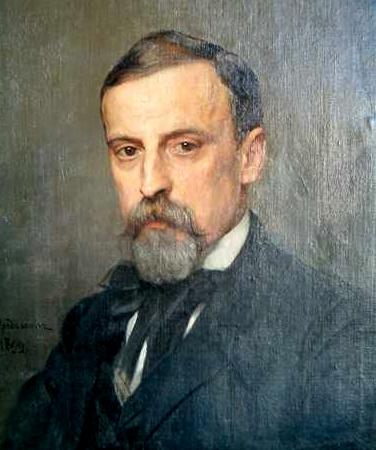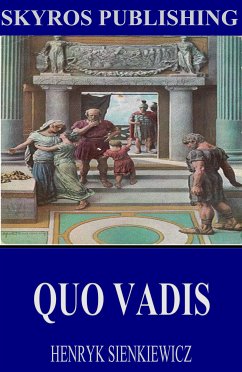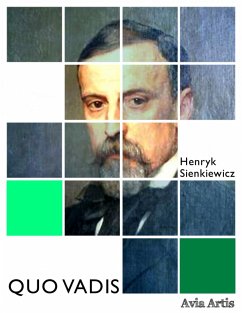
Quo Vadis (eBook, ePUB)
A Story of St. Peter in Rome in the Reign of Emperor Nero
Übersetzer: Curtin, Jeremiah

PAYBACK Punkte
0 °P sammeln!
Set in the tumultuous backdrop of imperial Rome, Henryk Sienkiewicz's "Quo Vadis" masterfully interweaves historical narrative and moral allegory, exploring the clash between Pagan decadence and early Christianity. Through rich, evocative prose and vivid characterizations, the novel follows the tumultuous love story between a Roman patrician, Marcus Vinicius, and the Christian maiden, Lygia. Sienkiewicz's meticulous research into historical events, combined with his striking descriptions of Rome's epic landscapes, immerses readers in a time where faith, passion, and power collide, presenting b...
Set in the tumultuous backdrop of imperial Rome, Henryk Sienkiewicz's "Quo Vadis" masterfully interweaves historical narrative and moral allegory, exploring the clash between Pagan decadence and early Christianity. Through rich, evocative prose and vivid characterizations, the novel follows the tumultuous love story between a Roman patrician, Marcus Vinicius, and the Christian maiden, Lygia. Sienkiewicz's meticulous research into historical events, combined with his striking descriptions of Rome's epic landscapes, immerses readers in a time where faith, passion, and power collide, presenting both the grandeur and brutality of the era. This literary classic serves as an exploration of profound themes such as redemption, sacrifice, and the struggle between good and evil. Henryk Sienkiewicz, the first Polish Nobel laureate in Literature, drew upon his own experiences of a nation grappling with identity, culture, and religious faith. Living in a period marked by political strife and a yearning for moral clarity, Sienkiewicz was deeply influenced by the historicity of his native Poland and its struggle for freedom, which resonates throughout the narrative of "Quo Vadis." His ability to capture the essence of human courage in the face of adversity is evident in the portrayal of his characters' dilemmas and triumphs. Recommended for readers who appreciate historical fiction that engages deeply with philosophical and ethical questions, "Quo Vadis" not only provides an enthralling tale steeped in dramatic romance but also challenges readers to consider the implications of their own beliefs and actions. Sienkiewicz's powerful storytelling invites you to reflect on the age-old question of faith: "Where are you going?" as you traverse the corridors of one of history's most fascinating epochs.
Dieser Download kann aus rechtlichen Gründen nur mit Rechnungsadresse in A, B, BG, CY, CZ, D, DK, EW, E, FIN, F, GR, H, IRL, I, LT, L, LR, M, NL, PL, P, R, S, SLO, SK ausgeliefert werden.














